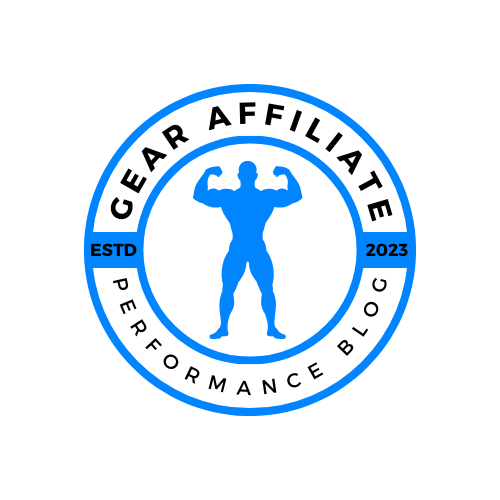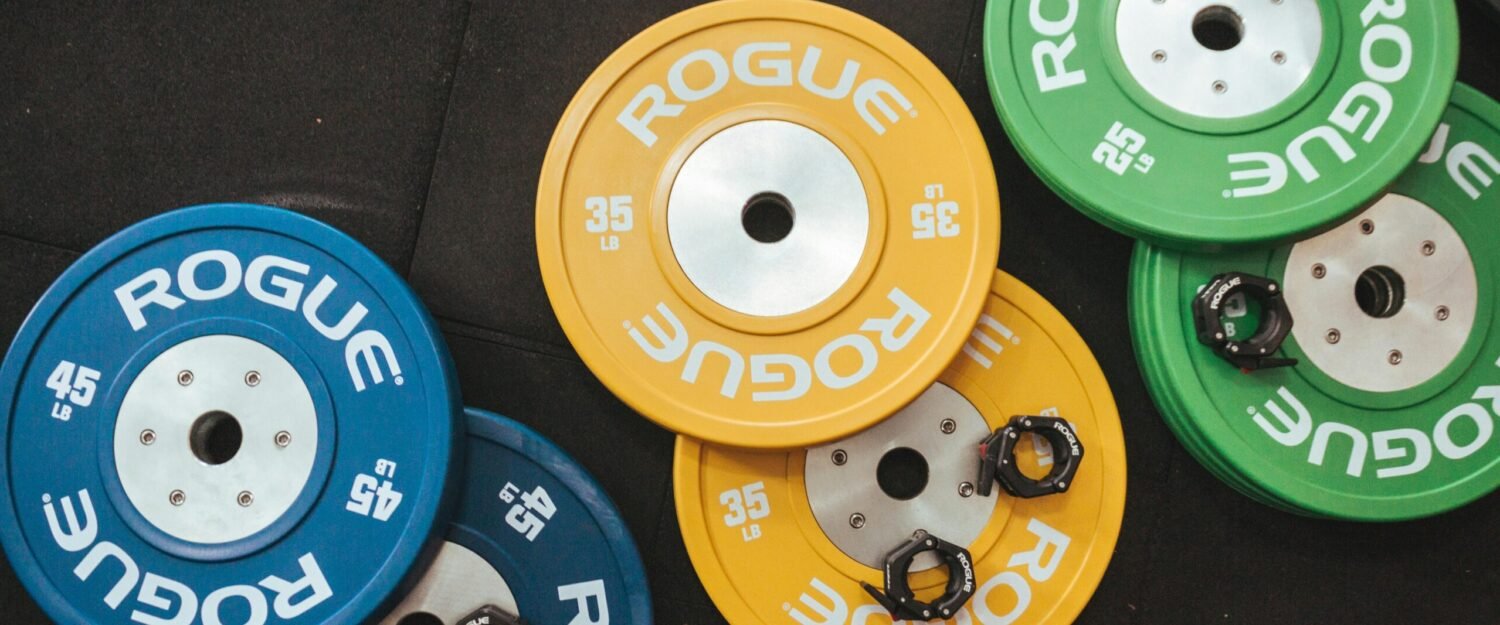
The Role of Hydration in Performance and Recovery
And some strategies to stay hydrated
Table of Contents
When it comes to improving strength, endurance, and muscle growth, most lifters focus on macros, supplements, and training programs—but hydration often gets overlooked. Yet, staying adequately hydrated is one of the most underrated performance enhancers available to every athlete.
Whether you’re hitting a heavy leg day, grinding through cardio, or recovering from DOMS (delayed onset muscle soreness), your water intake plays a critical role in how well your body functions, repairs, and grows.
1. The Role of Hydration in Performance
Water isn’t just something you sip during workouts—it’s a key biological driver of performance.
Here’s what adequate hydration does for your body:
- Regulates body temperature during intense training
- Delivers nutrients (like amino acids and electrolytes) to working muscles
- Flushes out metabolic waste, speeding recovery
- Maintains joint lubrication and prevents injuries
- Keeps your heart rate and blood pressure stable, improving endurance
- Supports cognitive clarity, reducing mental fatigue in the gym
Even being 2% dehydrated can lead to a noticeable drop in performance—affecting strength output, speed, and coordination.
Author’s Note: If you’re training hard but feeling flat, sluggish, or unfocused, don’t rush to pre-workouts. Check your hydration first.
2. Hydration and Strength: The Overlooked Connection
The Role of Hydration in Performance also is shown in how dehydration directly influences your ability to lift heavy and recover between sets.
Muscles are composed of roughly 75% water, and when you’re dehydrated:
- Muscle contractions weaken due to reduced electrolyte balance
- Blood volume decreases, so less oxygen and nutrients reach muscle fibers
- You’re more prone to cramps, especially during high-volume or high-intensity sessions
Research shows that strength decreases can occur within 15–30 minutes of moderate dehydration. This can lower training volume and reduce hypertrophic stimulus—slowing your gains over time.
3. The Role of Electrolytes in Muscle Function
Hydration isn’t just about water—it’s also about maintaining the right electrolyte balance.
Electrolytes like:
- Sodium
- Potassium
- Magnesium
- Calcium
…are essential for muscle contractions and nerve function.
When you sweat, you lose these minerals—especially sodium. If you don’t replace them, you risk:
- Muscle fatigue
- Dizziness or brain fog
- Muscle cramps
- Delayed recovery
Pro Tip: If your workouts last longer than 60 minutes, or you train in a hot environment, consider adding an electrolyte drink or salt capsule to your routine.
4. Hydration and Endurance: Don’t Gas Out Mid-Workout
Endurance is where hydration can make or break your workout.
When you’re dehydrated:
- Your blood thickens, forcing your heart to work harder
- You burn through glycogen faster, leading to quicker fatigue
- Thermoregulation breaks down, causing overheating
- Your perceived effort increases, making everything feel harder
If you’ve ever hit a wall during a circuit or cardio session, and no amount of motivation helped, there’s a good chance dehydration was the cause.
5. How Dehydration Affects Recovery
Your recovery depends heavily on nutrient delivery and waste removal—both of which rely on fluid balance.
Here’s what proper hydration does post-workout:
- Flushes lactic acid and other byproducts out of your system
- Rehydrates muscle cells, supporting protein synthesis
- Maintains anabolic hormone levels like testosterone and IGF-1
- Reduces inflammation, helping with joint and muscle soreness
- Keeps the immune system strong, reducing downtime
If you’re constantly sore, tired, or feel like you’re plateauing—check your hydration habits.
6. Water and Muscle Growth: The Cellular Hydration Effect
Cellular hydration acts like an anabolic trigger for muscle growth. When your muscle cells are fully hydrated, it signals to the body that it’s in a fed, recovery-friendly state—this boosts protein synthesis and reduces catabolism (muscle breakdown).
Studies suggest that a hydrated muscle is more sensitive to nutrients, especially amino acids like leucine, which plays a vital role in muscle-building.
In other words, if you want your protein shakes and meals to work better, stay hydrated.
7. How Much Water Should You Actually Drink?
While “8 cups a day” is a decent baseline, it’s not enough for active people.
A more realistic guideline:
- General lifters: 0.6–0.7 oz per pound of body weight daily
- Heavy sweaters or athletes: 0.8–1 oz per pound
- Add 16–24 oz for every hour of intense training
- Monitor urine color – light yellow = good, dark = drink up
Example:
A 190-lb lifter should aim for 114–152 oz daily, plus more on training days.
8. Hydration Timing: Don’t Just Chug During the Workout
Proper hydration is about timing, not just quantity. Here’s a breakdown:
*Note: this is a generalized timing chart, never going to be exact*
| When | What to Do |
|---|---|
| Morning | Drink 16–24 oz after waking up (you’re dehydrated from sleep) |
| Pre-Workout | 16–20 oz of water + optional electrolytes |
| Intra-Workout | Sip 8–16 oz per 30 minutes of intense activity |
| Post-Workout | 20–24 oz per lb of body weight lost in sweat |
| Evening | Continue sipping to stay hydrated overnight |
Avoid: Slamming water all at once. Your body will just flush most of it.
9. Smart Tips to Stay Hydrated All Day
- Keep a bottle with you: You’re more likely to sip regularly
- Flavor your water with lemon, cucumber, or sugar-free electrolytes
- Eat hydrating foods like watermelon, cucumber, and oranges
- Use a hydration tracker app or set reminders on your phone
- Drink a glass before every meal to build consistent habits
10. Should You Use Electrolyte Supplements?
If you train intensely, sweat a lot, or are on a low-carb diet (like keto), yes—electrolyte support can help prevent fatigue and cramping.
Look for products with:
- Balanced sodium & potassium
- No added sugar or artificial colors
- Optional: magnesium for extra recovery support
Brands like LMNT, Liquid I.V., or even simple homemade electrolyte mixes can get the job done.
Conclusion: Water Is Your Underrated Training Partner
You can follow the best program, take the best supplements, and eat all the right foods—but if you’re even slightly dehydrated, your body won’t perform or recover the way it should.
Hydration fuels everything: strength output, endurance, mental focus, hormone function, muscle repair—you name it.
Make water a priority, not an afterthought.
If you found this post to be helpful, then you may be interested in the rest of our blog page here.
At Gear Affiliate, we always want to give our readers more resources to research. Below are a few sources that we have found to be helpful relating to this topic.
Video LInks: Video 1, Video 2.
Discover more from GearAffiliate
Subscribe to get the latest posts sent to your email.


